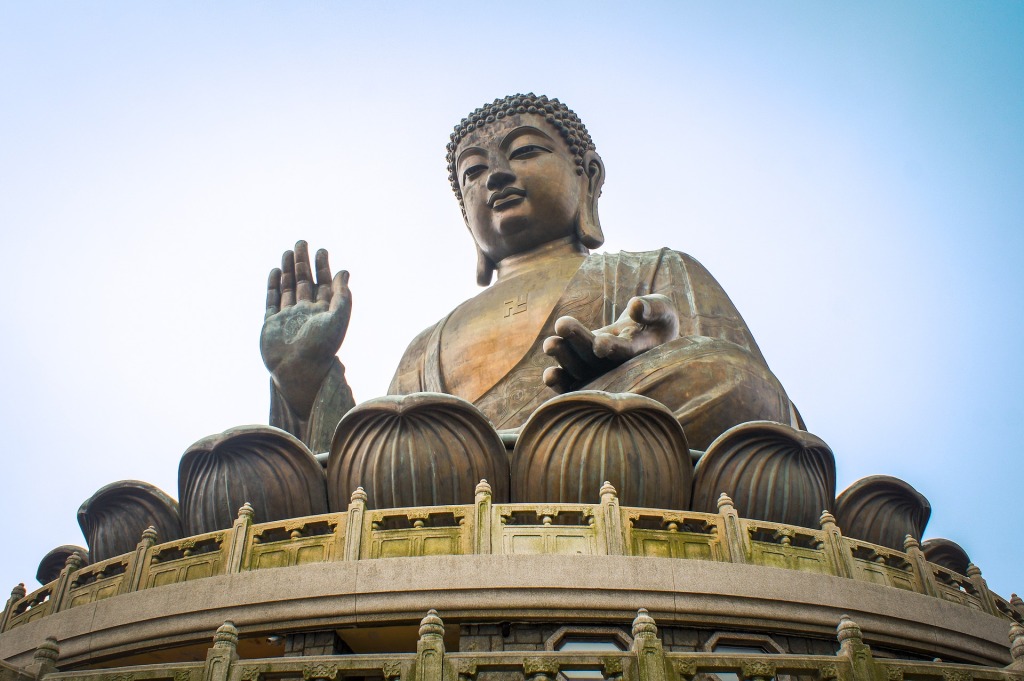French President Emmanuel Macron is due to visit Barcelona this week, to meet with Spanish premier Pedro Sánchez – and the region’s pro-independence movement doesn’t like this.
The meeting is a continuation of an ongoing dialogue between the two leaders to talk about, among other things, a gas pipeline under the Pyrenees (which the French don’t consider terribly important, but which Spain and Portugal say is vital for the ongoing energy security of the continent).
But why is it being held in Barcelona?
The answer from Sánchez’s communications office: that the central purpose of the meeting is to talk about a gas pipeline between Barcelona and Marsalla, so therefore it makes sense to host the meeting in the city where construction will commence.
However the Catalan independence movement see more nefarious intent: it is the start of an election year for Spain and the government very much wants to send a clear signal to the electorate that Barcelona’s independence movement is dead and buried.
And they are not going to let Madrid get away with this. On Thursday morning, just outside where the meeting is taking place, three major groups – the Council of the Republic, the Catalan National Assembly (ANC) and Òmnium Cultural – will be holding a joint protest.
“[We believe that] the Spanish government are having the meeting [here] in order to certify that the Catalan process has died, so we will take to the streets to show that it is very much alive,” Dolors Feliu, president of the ANC, told me last week when I met with her at the ANC offices in the centre of Madrid.
Could the meeting have taken place in another city outside of Catalunya? Absolutely.
Would it have been better for it to have done so? Almost certainly.
To be fair, even since 2017 the central government has been playing games with the Catalan independence movement – and many of these games have been quite effective.
They have launched a “dialogue” with the Catalonian government in an attempt to build bridges with the independence movement and help move things forward from the constitutional crisis that erupted in 2017, when then-president Carles Puigdemont unilaterally (and, incidentally, quite illegally) declared independence for the region.
But as far as I can tell – and clearly is what Dolors Feliu thinks – can tell, this dialogue has made little difference apart from to divide the independence movement cleanly in two, which is quite possibly what Sánchez intended. Whilst Catalonia’s politicians are happy to continue talking with Madrid, Feliu and the ANC wants no part of this.
“It’s true that the Government of Catalonia has tried to make some sort of dialogue, but Pedro Sánchez’s government has shown this dialogue to be fake and not true,” says Feliu. “There view is always: we don’t want an independence movement in Catalonia and we want the dialogue to break the independence movement. I think that people of Catalonia are starting to see this now.”
It feels as if meeting Macron in Barcelona is simply another part of this smoke-and-mirrors game that Sánchez is playing.
And, with his electoral prospects being squeezed by both the right and the left at the moment, he knows that he must play these games well. One of his main rivals on the left – his deputy Yolanda Díaz – was in Barcelona over the weekend, dishing out generous helpings of sympathy upon the independence movement, and suggesting that the grievances in the region are something that really do need to be taken seriously.
Since the right-wing People’s Party (PP), led by Alberto Núñez Feijóo, is likely to seek to smash the Barcelona independence movement at every opportunity, Catalan voters are more likely to cosey over to whatever socialist candidate they feel offers a more credible hotline to Madrid.
Sánchez needs to make his “dialogue” with Catalonia more convincing.
Inviting another head of state here is not the way to do so.
